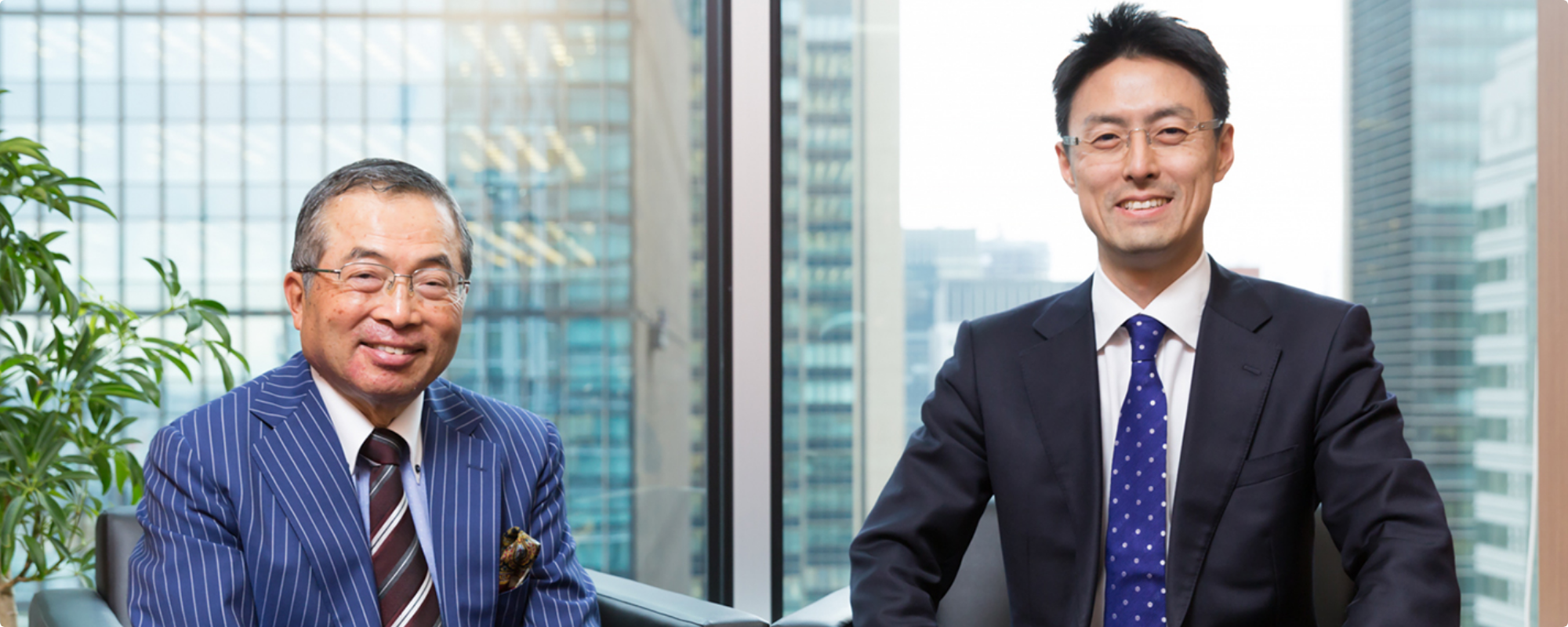
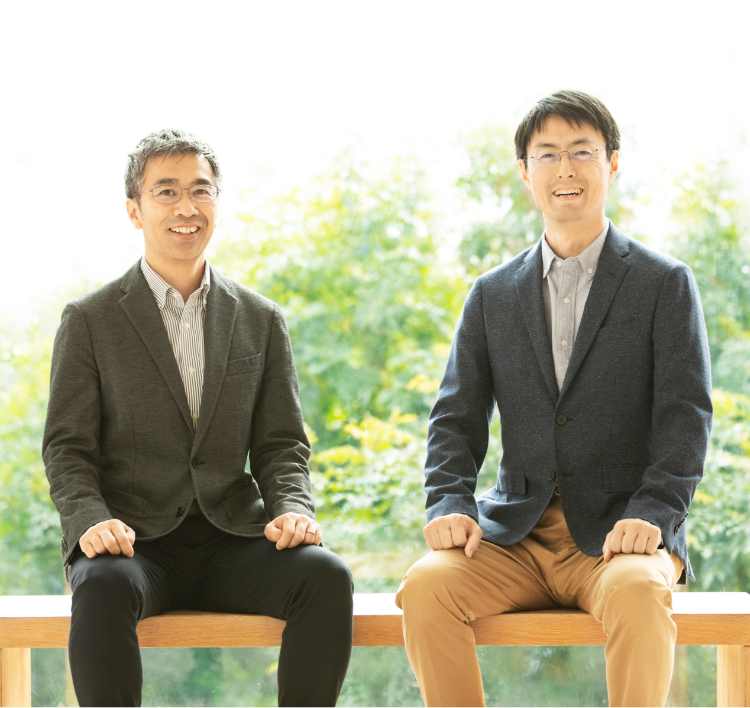




Sustainability Talks
Now, renewable energy is gaining attention as something that will fulfill a major role in achieving the Sustainable Development Goals (SDGs). Environmental policy scholar and RENOVA external director Norichika Kanie spoke with RENOVA CEO Yosuke Kiminami about the current situation surrounding the SDGs, and how they relate to renewable energy.
This agenda includes an action plan for ensuring prosperity for humanity and the planet which lists declarations and goals, referred to as the Sustainable Development Goals (SDGs), consisting of 17 goals and 169 individual targets.
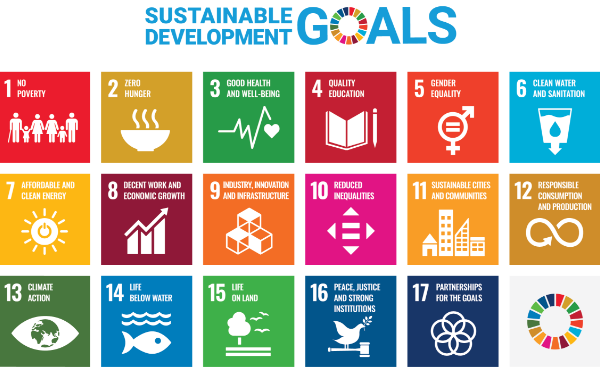

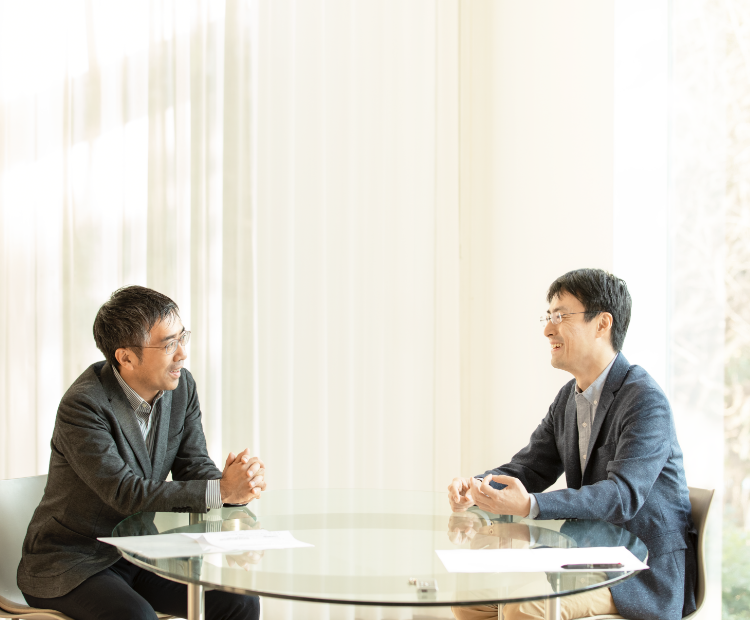
How about you, Mr. Kiminami? Was there some event or turning point that made you take an interest in environmental issues?
I grew up in a town in the foothills of Mount Rokko, near Kobe. This was during the 1970s and 80s, at the peak of developments where mountain areas were being carved up for use as residential districts, and the soil was being used for coastal land reclamation.
Red tide occurred due to the impact of the nearby steelworks, and I was once told by an adult at a nearby fishing spot that I should not eat the fish that I caught there. I began to develop doubts in my young mind as to why these kinds of things were happening. As an extension of that, I began to think about the global environment. In 1993, I enrolled in the Faculty of Integrated Human Studies at Kyoto University, and began to study a wide range of environmental topics.

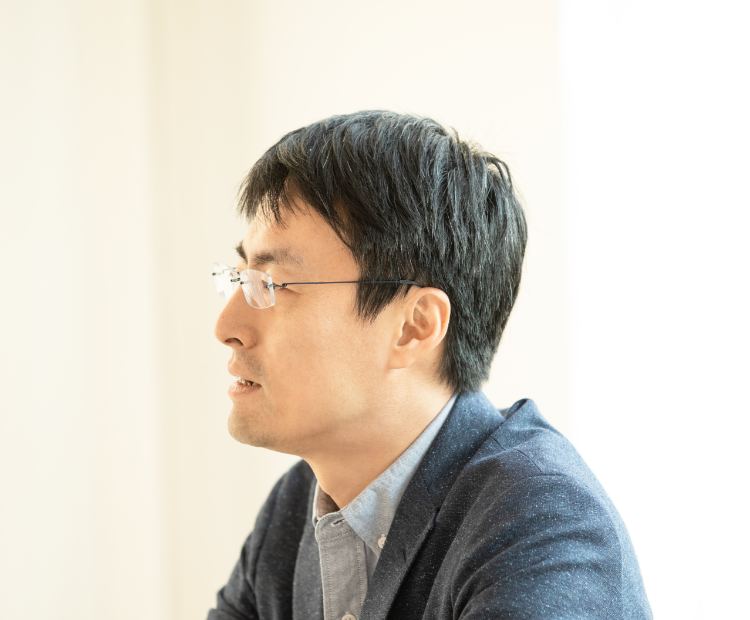
I think the reason why the SDGs have spread so steadily is that they approach a diverse range of topics which are connected with social issues and the economy—including the environment, workstyle reforms and promoting active roles for women—in a unified manner. In the past, when we talked about environmental issues, people with a strong interest in the environment would get excited, but those in the economic world tended to shy away. But with the creation of the SDGs we have begun to handle environmental issues comprehensively together with economic and human rights-related issues, and this situation has changed dramatically. The Japanese Business Federation (Keidanren) has started to put up posters promoting the SDGs and hold press conferences, while top-level management figures at companies have begun to wear SDGs pin badges. We have started to see things that we had never seen before.

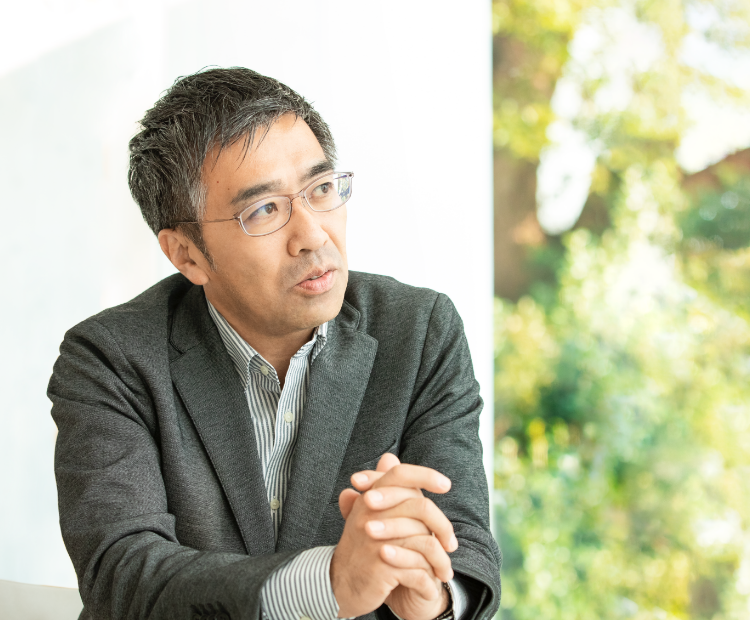

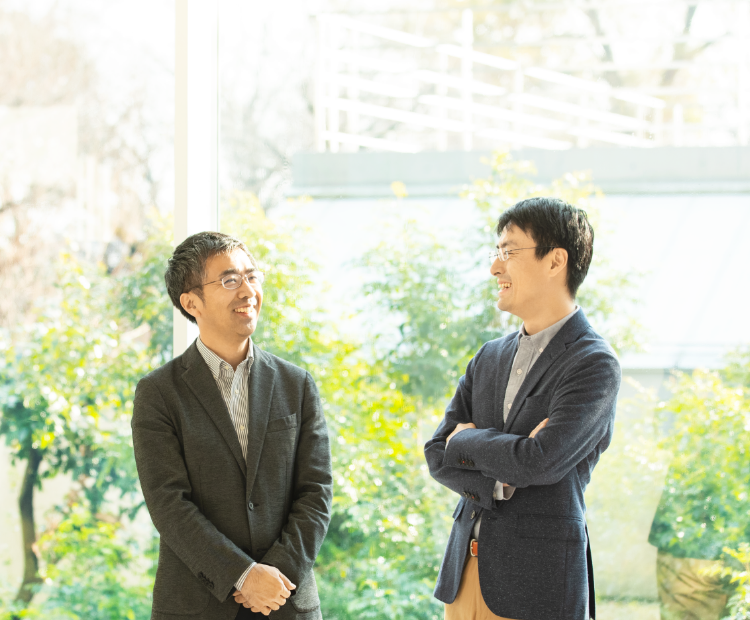
Another area in particular into which we are investing our energies is coexisting with local communities. In terms of the SDGs, I think this fits in with Goal 9 (Industry, Innovation and Infrastructure) and Goal 11 (Sustainable Cities and Communities). The majority of communities in Japan are struggling with declining birthrates and ageing and shrinking populations. If nothing is done, these communities will steadily continue to decline. People are desperately searching for ways to slow down this process, mostly just by trial and error. At the same time, there is growing momentum towards promoting the use of renewable energy. It has now become possible to generate profits by converting natural resources which are abundantly available in these communities—the light of the sun and the wind blowing over the ocean—into useable energy.

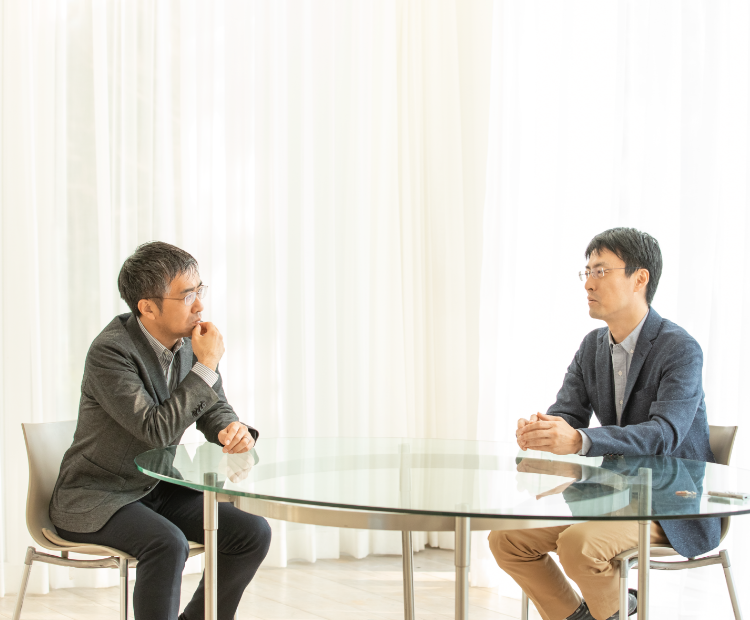
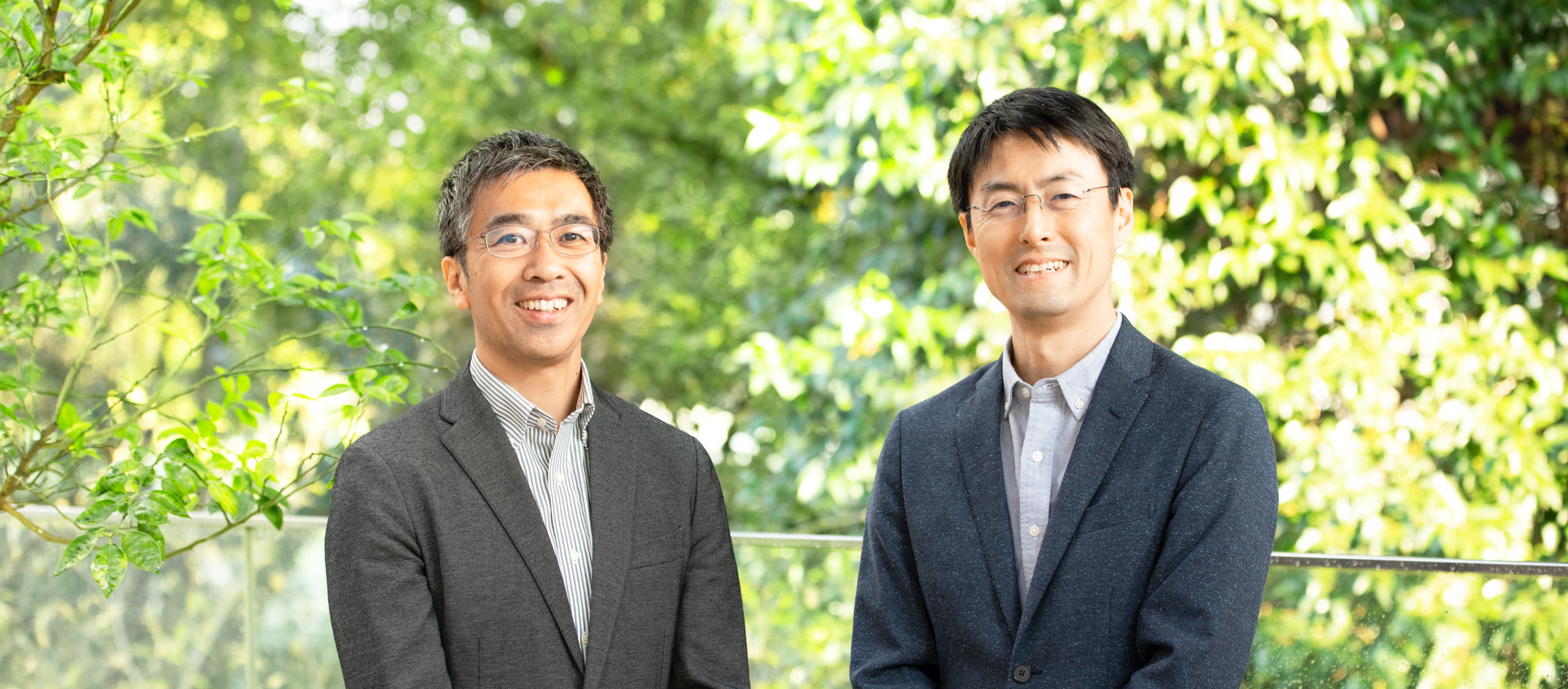
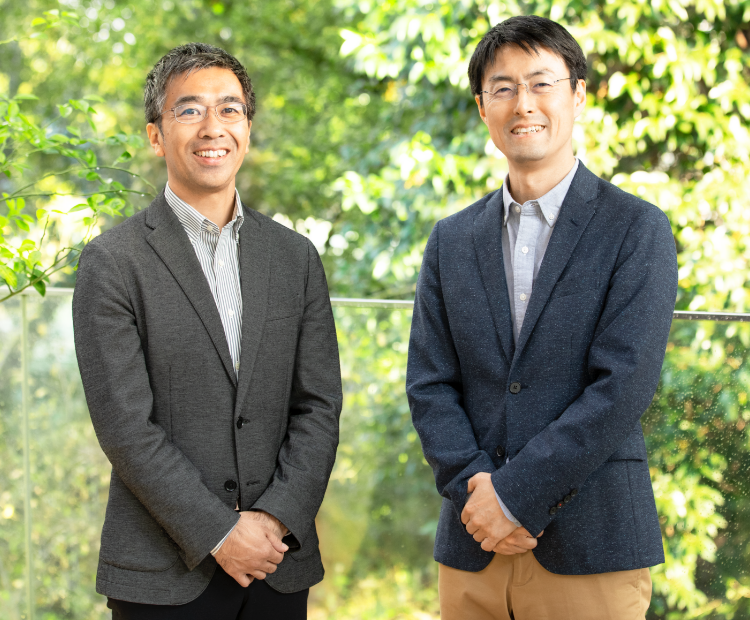

by 10 million tons* by 2030.













